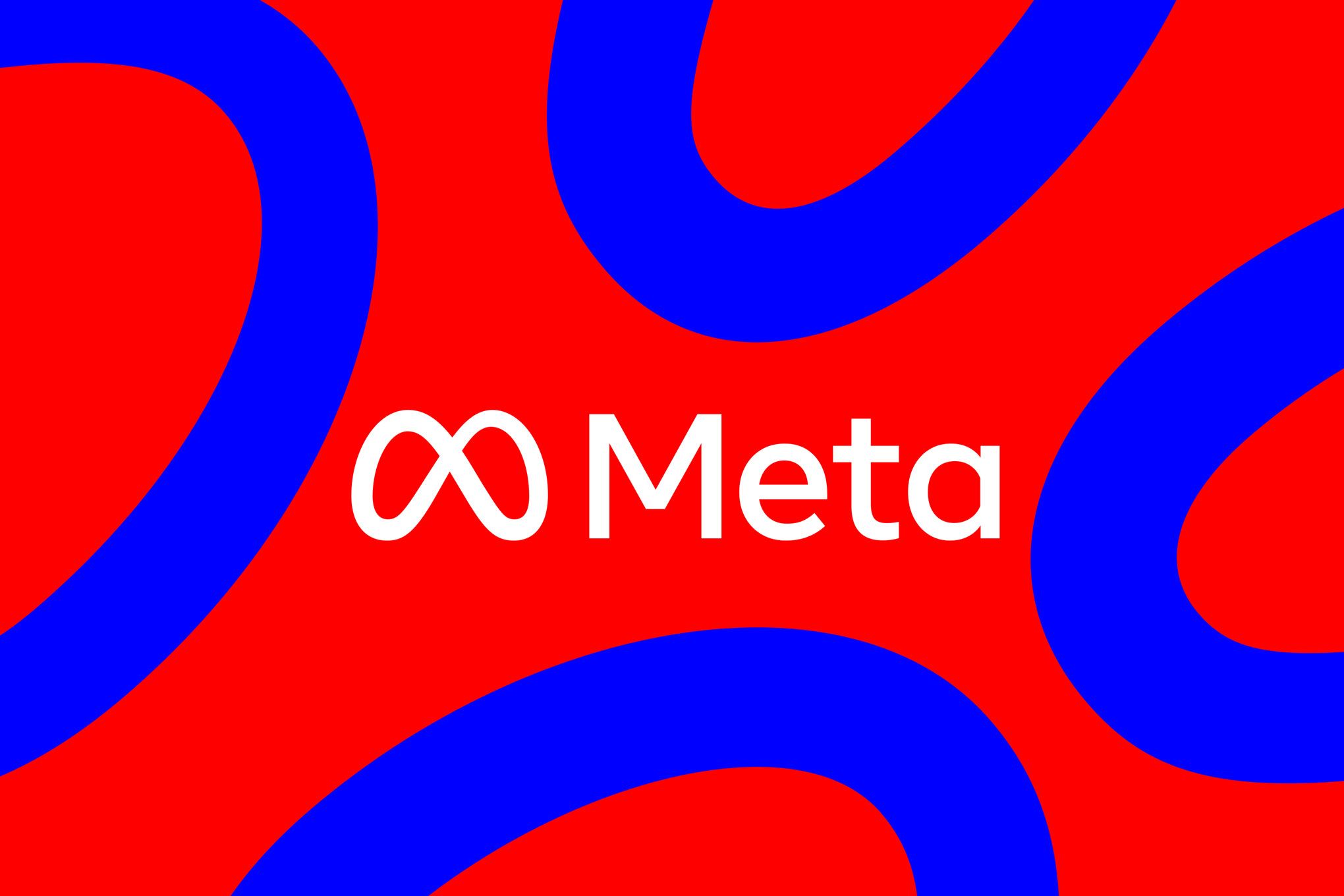Meta just dropped a privacy bombshell that'll reshape how 3.9 billion users interact with AI. Starting December 16th, every conversation you have with Meta AI - from hiking questions to recipe searches - becomes fair game for targeted advertising across Facebook, Instagram, and WhatsApp. The change affects virtually every Meta user worldwide, with no opt-out option available.
Meta just fundamentally changed the AI game with a privacy policy update that turns your casual conversations into advertising gold. The social media giant announced it will start mining your AI assistant chats to serve personalized ads and content recommendations across its entire ecosystem, beginning December 16th.
The implications are staggering. Ask Meta AI about hiking gear on Instagram, and you might see Facebook group recommendations for local trail enthusiasts or WhatsApp ads for camping equipment. The company's treating these AI interactions exactly like traditional engagement signals - similar to liking a post or following a page.
"We have existing policies around the information that people might consider sensitive, and those will continue to apply," Meta privacy head Christy Harris told reporters during a press briefing. But here's the catch - while Meta won't use conversations about religion, politics, health, or sexual orientation for targeting, everything else is fair game. And unlike traditional ad preferences, there's no opt-out mechanism.
The cross-platform integration represents Meta's most aggressive data harvesting expansion yet. Users who've linked their accounts through Meta's Accounts Center will see their AI conversations on one platform influence ads and recommendations across all others. That casual chat about vacation destinations in WhatsApp could surface travel ads in your Facebook feed within hours.
Privacy advocates are already sounding alarms. The Electronic Frontier Foundation has been warning about AI data harvesting for months, and Meta's announcement validates their concerns about conversational AI becoming a new frontier for surveillance capitalism.
Meta's timing isn't coincidental. The company's been struggling with declining ad engagement rates as iOS privacy changes continue hampering its targeting capabilities. AI conversations represent an untapped goldmine of user intent data - potentially more valuable than traditional browsing behavior because they reveal explicit interests and immediate needs.
The global rollout strategy reveals regulatory pressure points. Meta's excluding the EU, UK, and South Korea while "sorting out regulatory requirements" - a tacit admission that the policy likely violates existing privacy laws in those jurisdictions. The company learned this lesson the hard way when European regulators fined it €1.2 billion for GDPR violations earlier this year.
